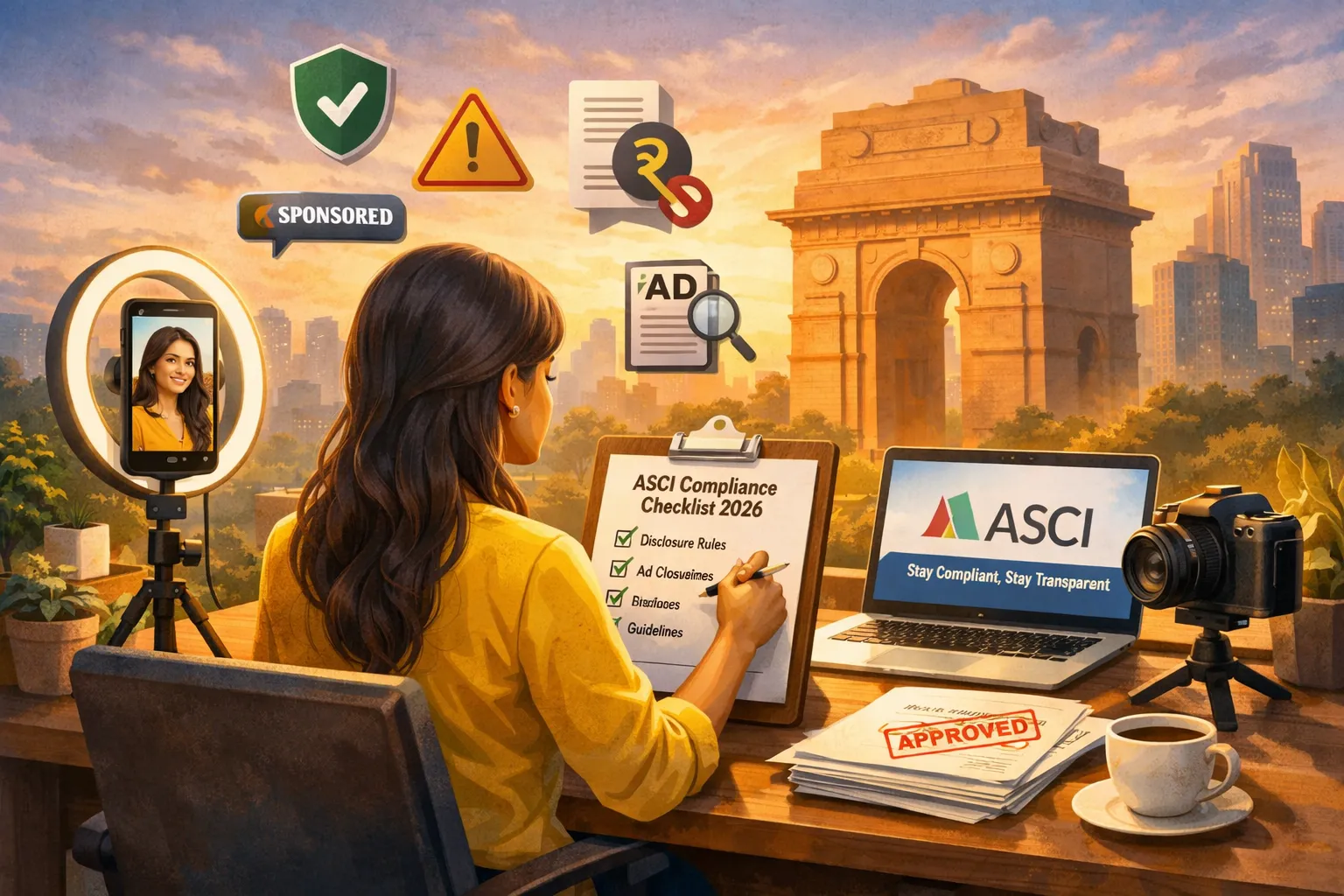Search Engine Optimization or SEO is crucial for improving a website’s visibility on search engines. If a brand wants its customers to be able to find their website easily, making SEO the priority is a must-have requirement. And to be able to understand the SEO strategies one has to acquire the knowledge and practice of On-Page and Off-page SEO. While On-Page SEO focuses on optimizing content within the website, Off-Page SEO involves external factors that impact a site’s ranking. Let’s dive deeper into the world of Off-Page SEO.
WHAT IS OFF-PAGE SEO?
In one line, Off-Page SEO covers all the search engine activities outside the actual website. Off-Page SEO is a type of effort that goes to improve a website’s organic(unpaid) search engine rankings without generating any changes within the website. Most of the Off-Page SEO works in improving how a website is perceived by the audience in terms of popularity, quality, trustworthiness, and authority. There are lots of tactics that work as an Off-Page SEO strategy such as social networking, social media, content marketing, etc.
Now with the understanding of Off-Page SEO, let’s have a look at some of its tactics that can be implemented to boost any website’s organic traffic.
Backlinks
A process of getting other websites to link your website is called Backlinks. Backlinks are like votes of confidence from other websites. They signal to search engines that the content is valuable and authoritative. The more Backlinks a page has the more authoritative it appears on Google. Here’s how to build quality backlinks:
Guest Posting: Write guest articles for reputable websites in a particular niche. Include a link back to the site within the content. Guest posts not only provide exposure but also establish expertise.
Broken Link Building: Find broken links on other sites related to a brand’s content. Suggest that content as a replacement. By helping them it becomes a win-win situation. Their broken links are fixed, and the brand gains a valuable backlink.
Social Media: Share the content on social platforms. Encourage others to link to it. Social signals matter, and search engines take note of content that gets shared.
Influencer Marketing
Collaborating with famous bloggers or social media creators to promote the brand’s business is called influencer marketing. It’s a great way to amplify the brand’s content and reach new audiences. Their endorsement can lead to more visibility and traffic. Influencers have loyal followers who trust their recommendations.
Local SEO
This is a process of optimizing the brand’s online presence in its local business domain to increase traffic, visibility, and brand awareness. For local businesses, local citations are essential. It ensures consistency across directories like Google My Business, Yelp, and Yellow Pages. Accurate business information helps local customers find the authentic page.
Forums and Online Communities
Participating in forums and online communities related to the business can also help improve Off-Page SEO. Engage in discussions, answer questions, and share the brand’s expertise. businesses have to be sure to include the link to their website in their profile or signature, where appropriate. This not only drives traffic to the site but also helps establish authority in their respective fields.
Content Marketing
It is a very important Off-Page SEO technique. Creating high-quality, shareable content is key to attracting backlinks, media attention, and showing E-E-A-T (Experience, Expertise, Authoritativeness, Trustworthiness). This includes blog posts, infographics, videos, and podcasts. The more valuable and engaging the content, the more likely others will link to it. Content marketing complements Off-Page SEO by increasing the reach and enhancing reputation.
Off-Page SEO is an ongoing process that requires patience and consistency. By focusing on building quality backlinks, leveraging social signals, and engaging with the audience, a business can improve its website’s authority and rankings.








